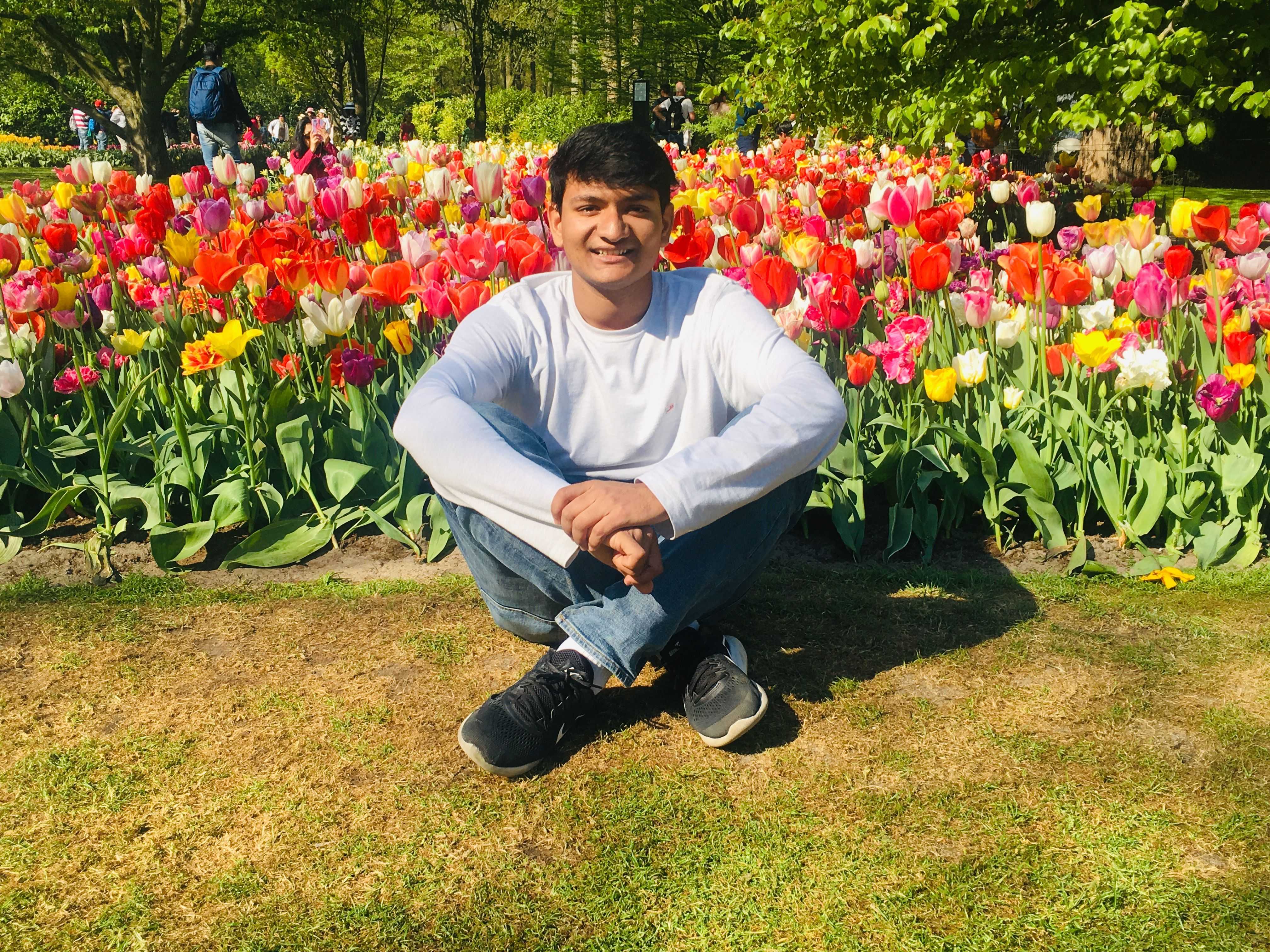
B.E. Chemical
CGPA: 8.79
EXPERIENCE
2019-2021
Cornell University
MS in Chemical and Biomolecular Engineering, teaching
Cornell is a bit different from the rest of the schools. Here, one is not required to complete coursework and credits. At Cornell, you have to do a research-based thesis. Select an advisor during your first semester, join his lab and start working on the project. Second semester onwards, you start getting familiar with research work, lab-mates and research opportunities in your particular field. You are not required to take courses. So, it's a mini-Ph.D. program without the course requirements.
Jun 2020 – Aug 2020
Los Alamos National Laboratory
Summer Intern
It was an internship during my MS which was based on application of supervised learning. I worked on space weather prediction. Implemented Gaussian Process Regression (GPR) for Space-Weather and Climate Data. I implemented Message Passing Interface (MPI) library on the GPR with Stochastic Variation code for scalable synchronous computation on global and local nodes.
Feb 2019 – Jun 2019
Max Planck Institute for Dynamics of Complex Technical System
Visiting Scholar
I worked on developing 1D models for PEM fuel cells. I modeled 1-D Maxwell-Stefan diffusion flux for multiphase flow in the porous anode to estimate the percentage of gaseous feed reaching Proton Exchange Membrane of the electrochemical reactor for HCl conversion to Chlorine. I developed a mechanistic model to evaluate temperature profile of reactor bulk and integrated it using fourth-order time implicit Runge-Kutta algorithm.
May 2018 – Jul 2018
Massachusetts Institute of Technology
Visiting Student
I was a researcher at D-Lab, an MIT research and teaching lab that focuses on technologies for poverty alleviation. My work was related to using principles of HVAC system - developing a math model for evaluating the indoor air quality and air change rate for a house that use a biomass gasifier stove.
